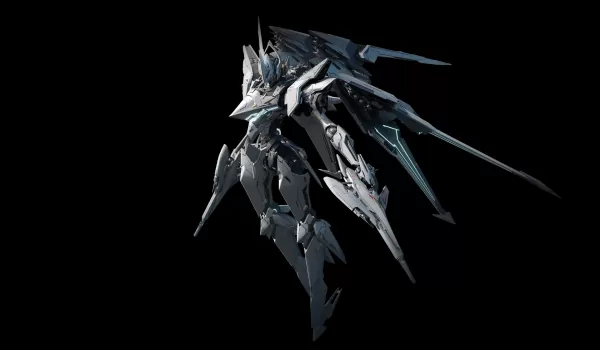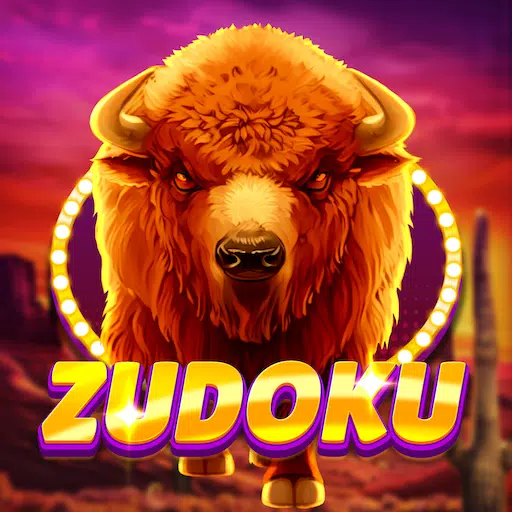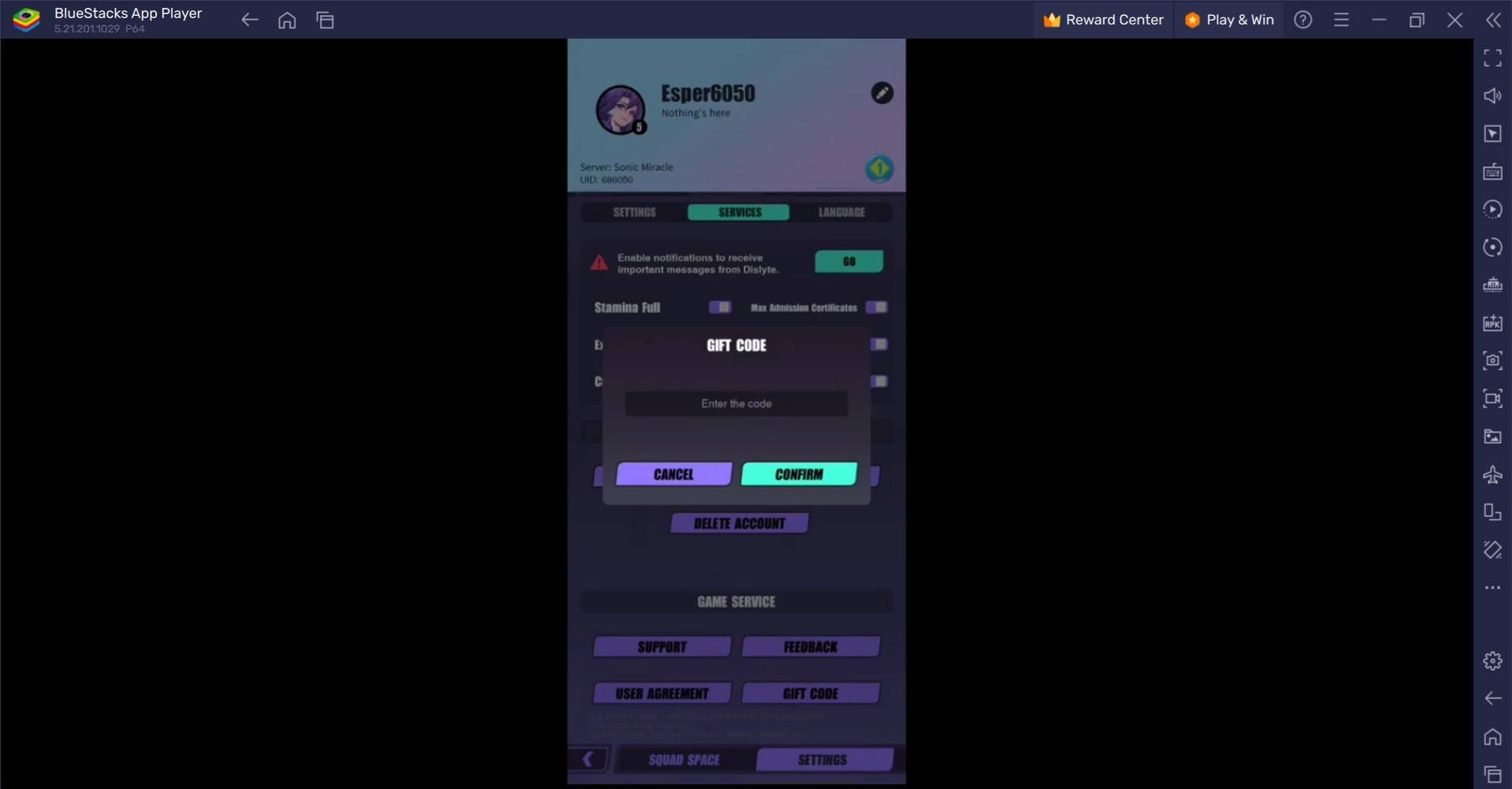Capcom is exploring the use of generative AI to streamline the creation of in-game assets. The company faces the challenge of generating "hundreds of thousands" of unique design ideas for environmental elements, a process traditionally very time-consuming and labor-intensive. This is exemplified by the need for unique designs, logos, and shapes even for seemingly simple objects like televisions.
With rising video game development costs, the industry is increasingly turning to AI tools to improve efficiency and reduce expenses. This trend is evident in other major publishers, such as Activision, which has faced criticism for its reported use of AI in generating in-game content, and EA, which has declared AI central to its operations.
Kazuki Abe, a Capcom technical director with experience on major titles like Monster Hunter: World and Exoprimal, detailed the company's AI experimentation in a recent interview with Google Cloud Japan. Abe developed a system utilizing generative AI to process game design documents and generate design proposals. This system, leveraging models like Google Gemini Pro, Gemini Flash, and Imagen, automates the creation of illustrations and textual descriptions, significantly accelerating the design process and providing iterative feedback for refinement.
Initial internal testing has yielded positive results, suggesting that this AI-powered system could substantially reduce development costs and enhance the overall quality of the assets produced. However, Capcom's current AI implementation is focused solely on this specific aspect of development; other crucial areas, including gameplay design, programming, and character creation, remain firmly under the control of human developers.
 Home
Home  Navigation
Navigation






 Latest Articles
Latest Articles










 Latest Games
Latest Games












